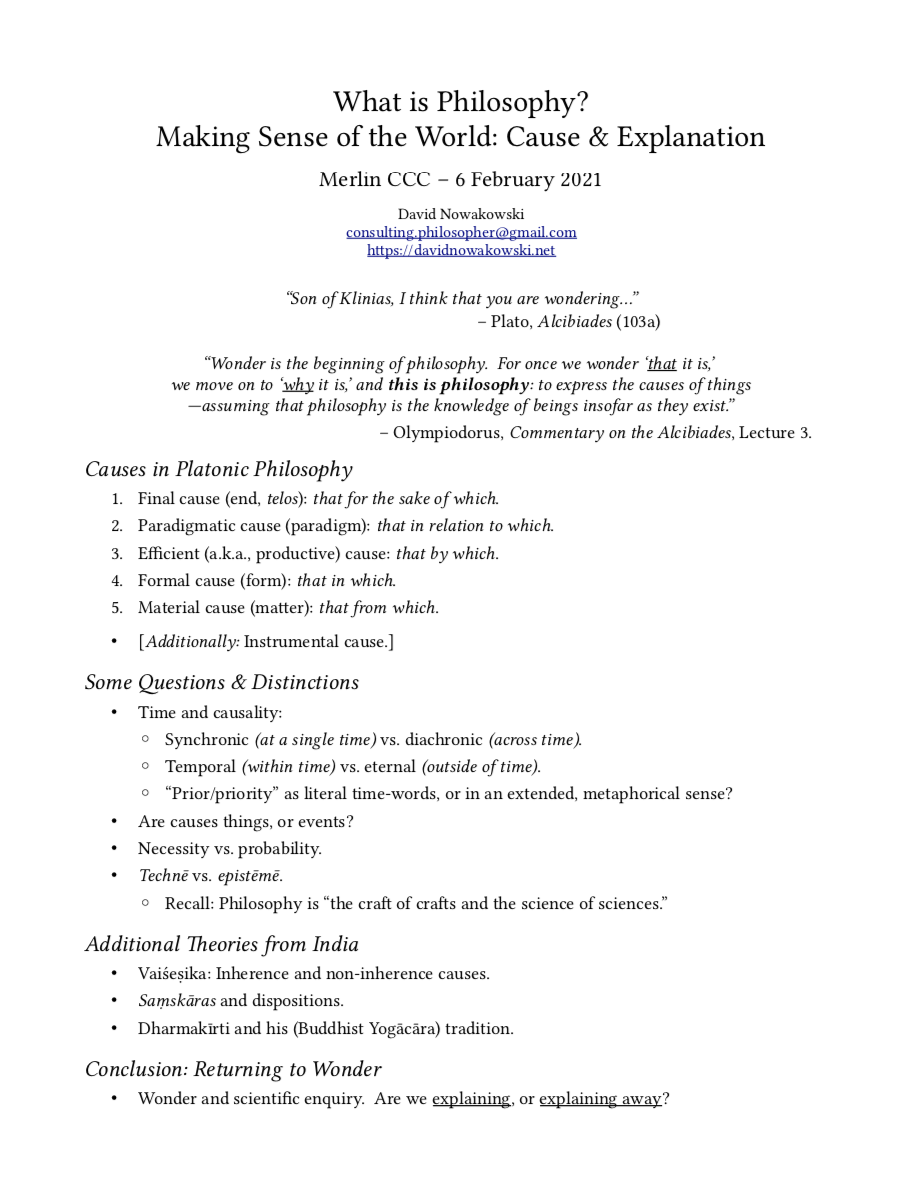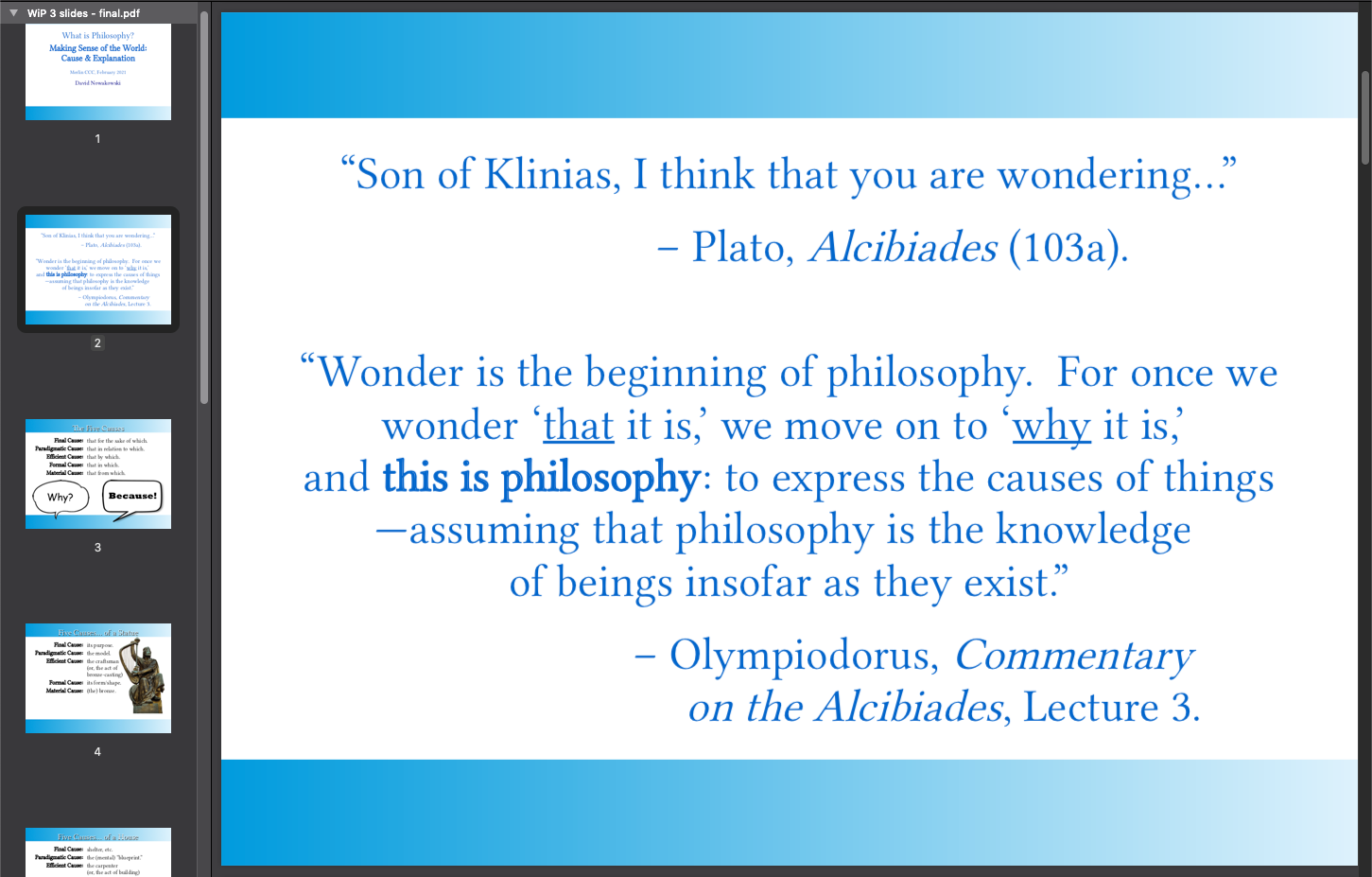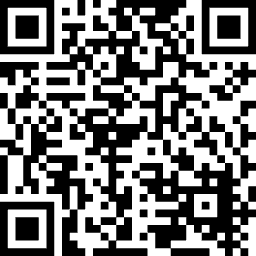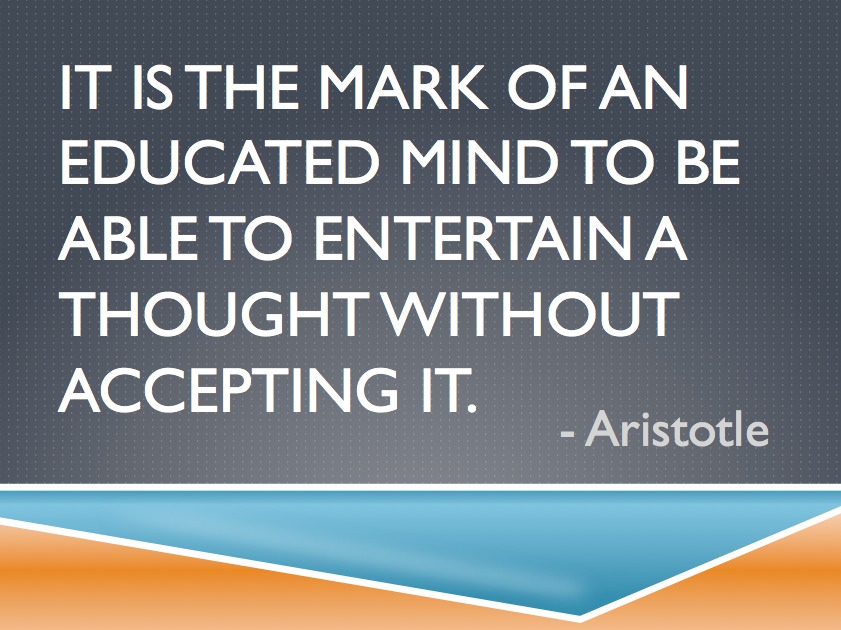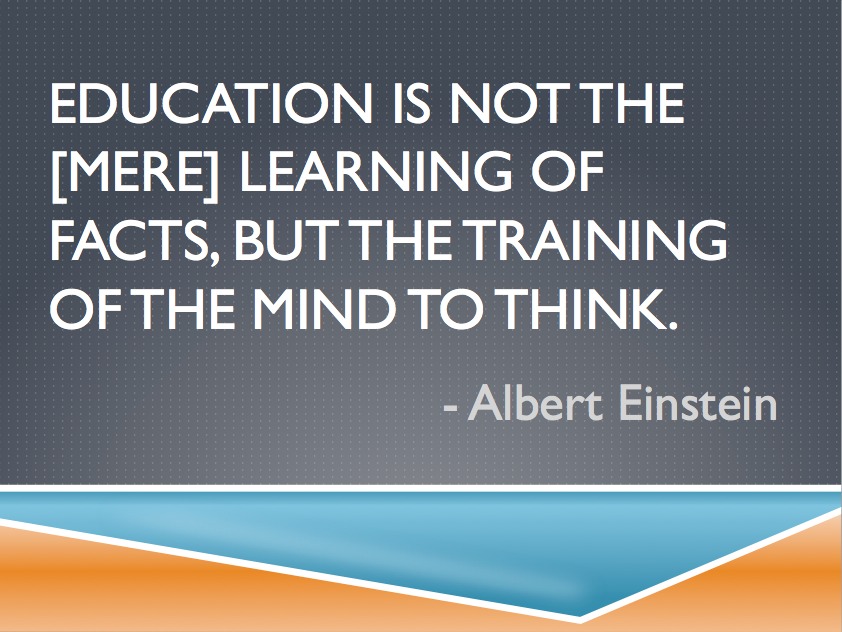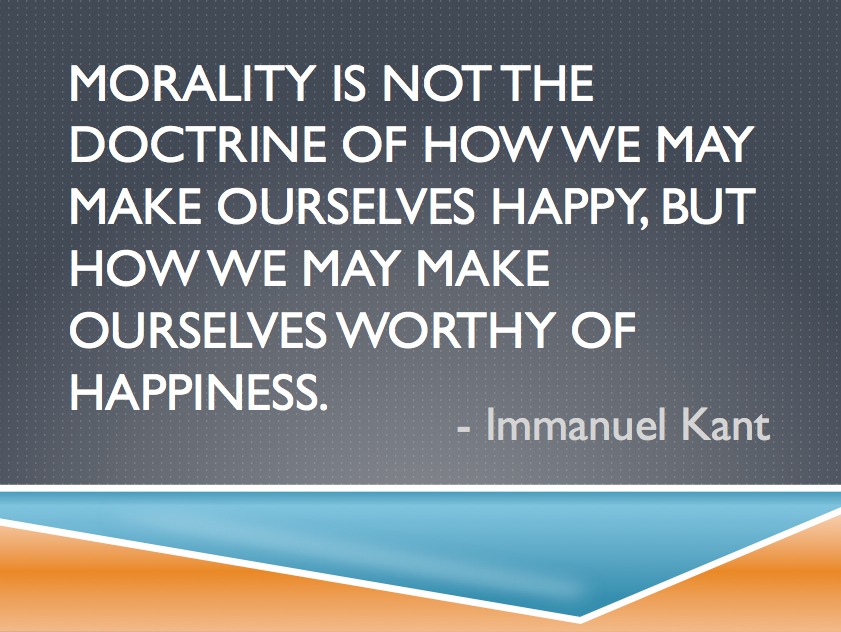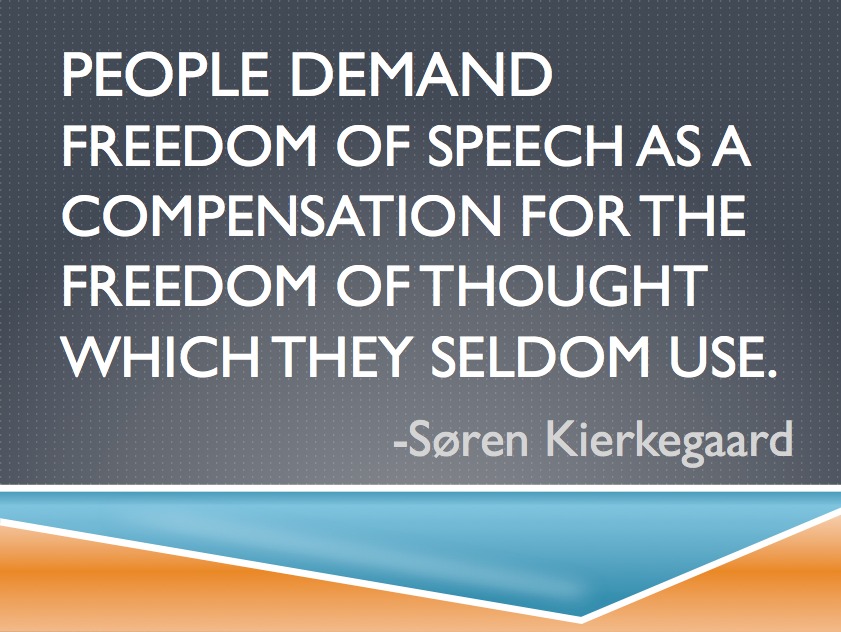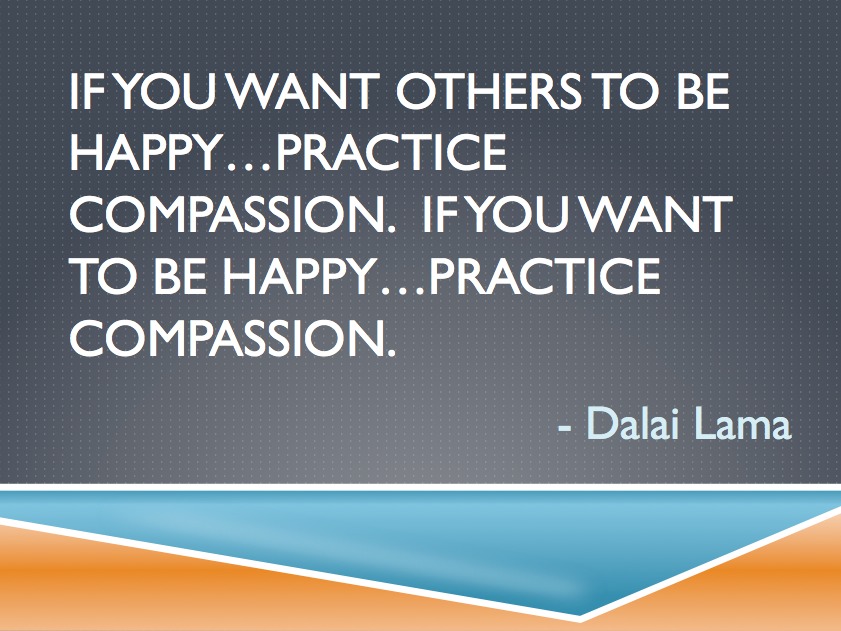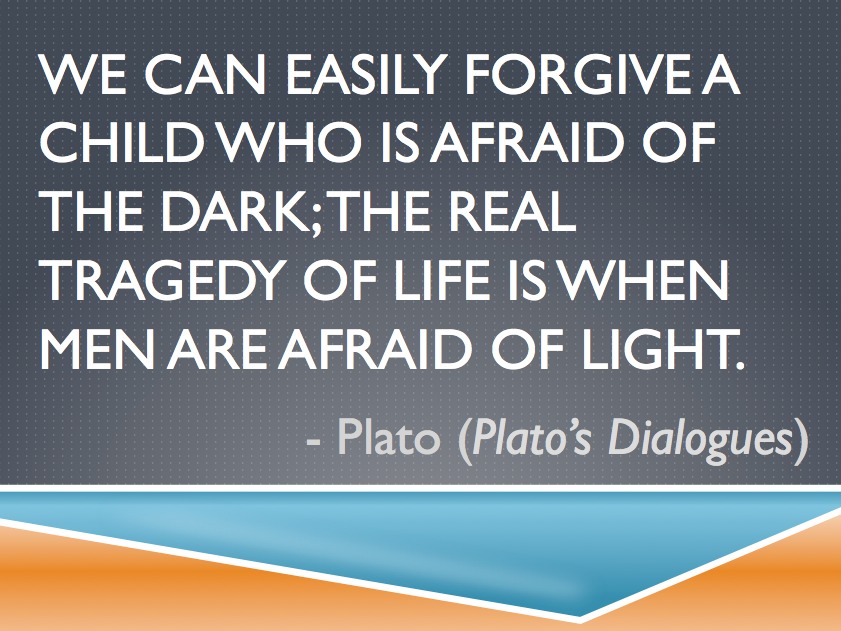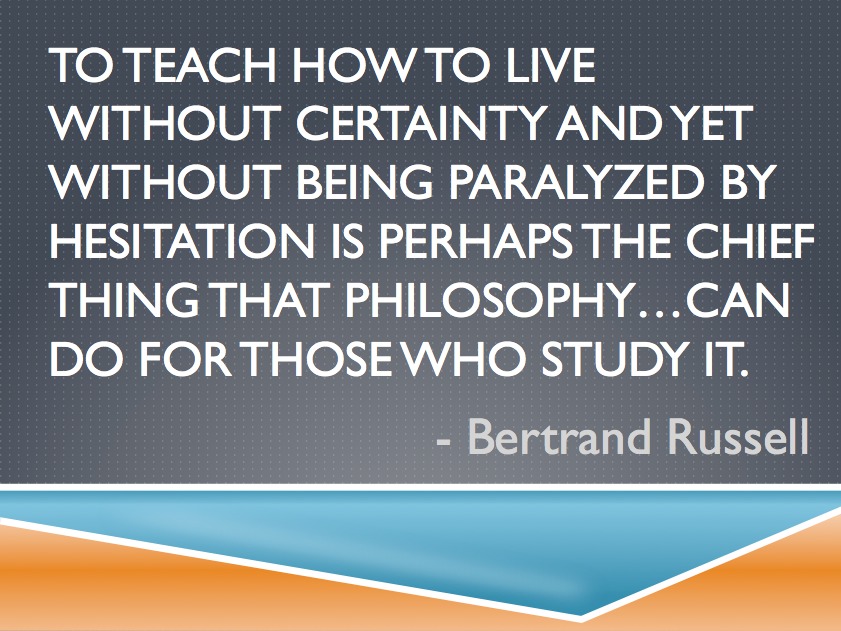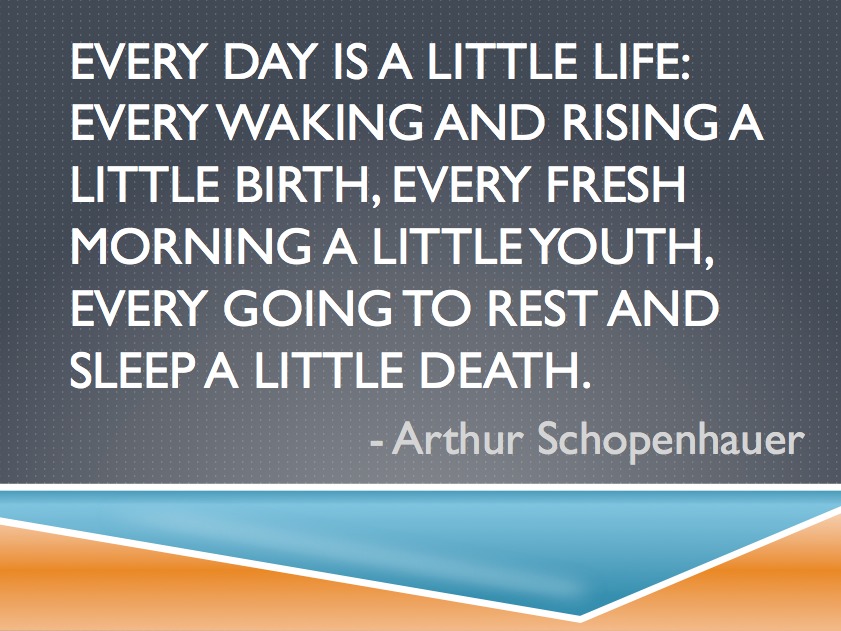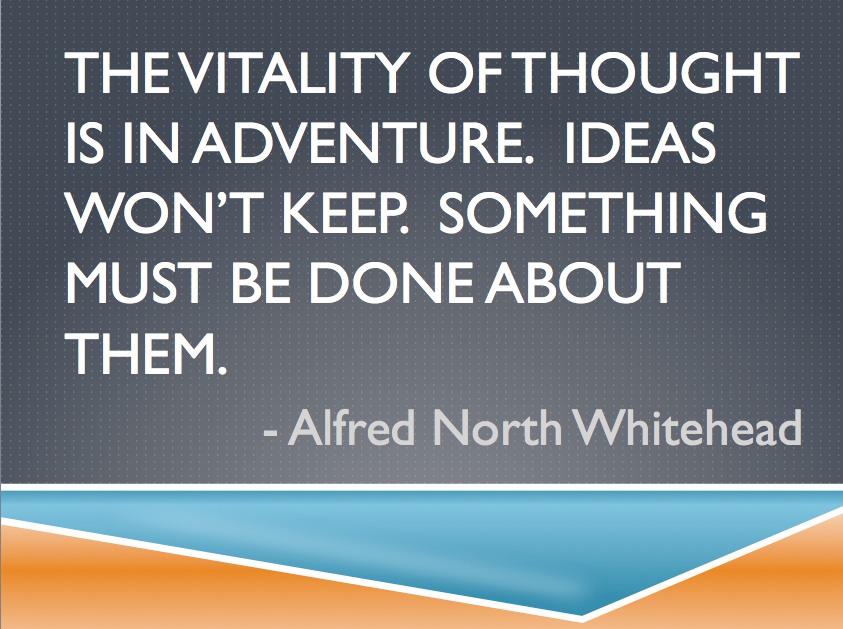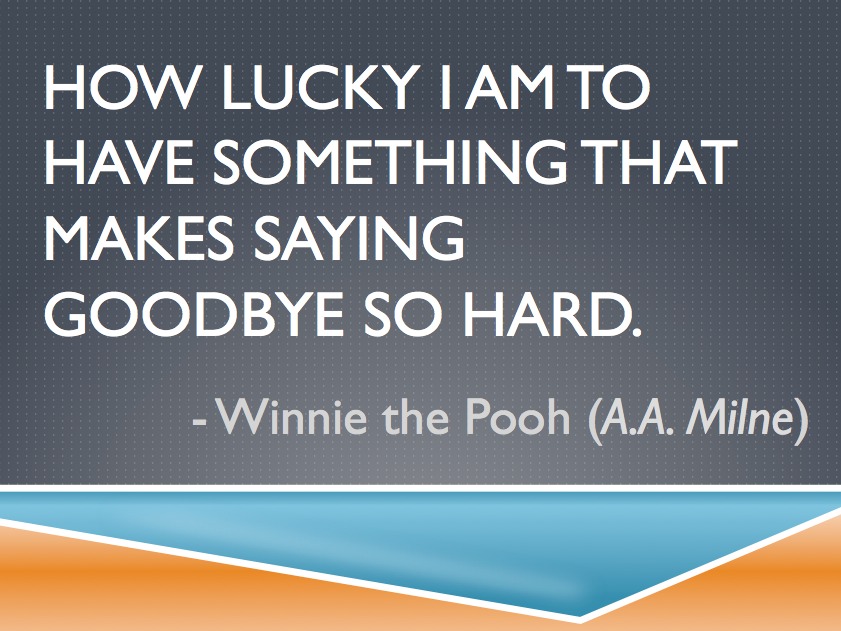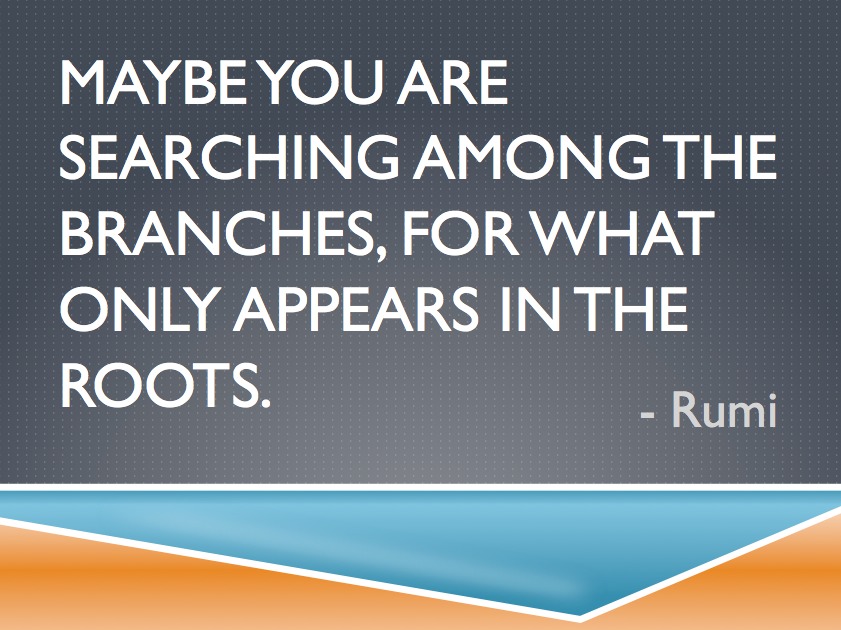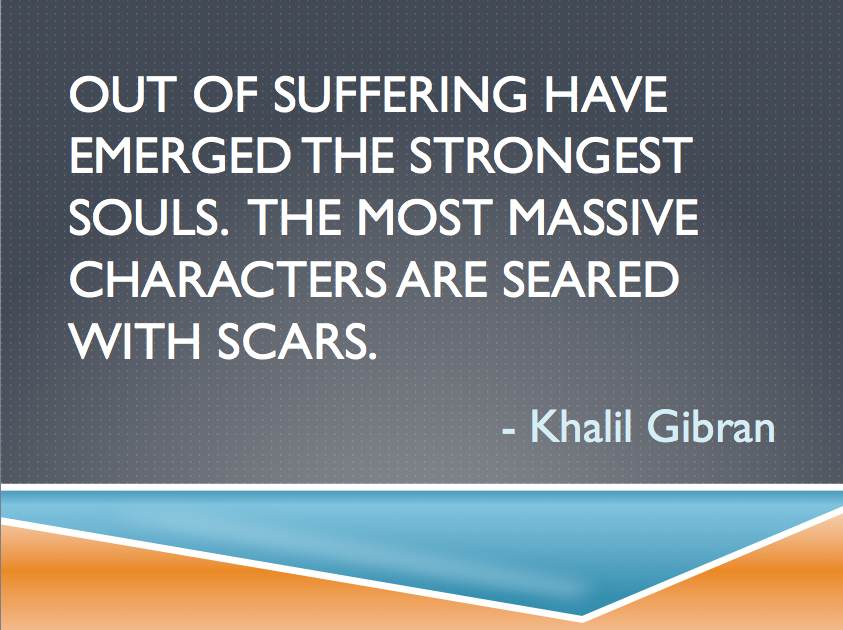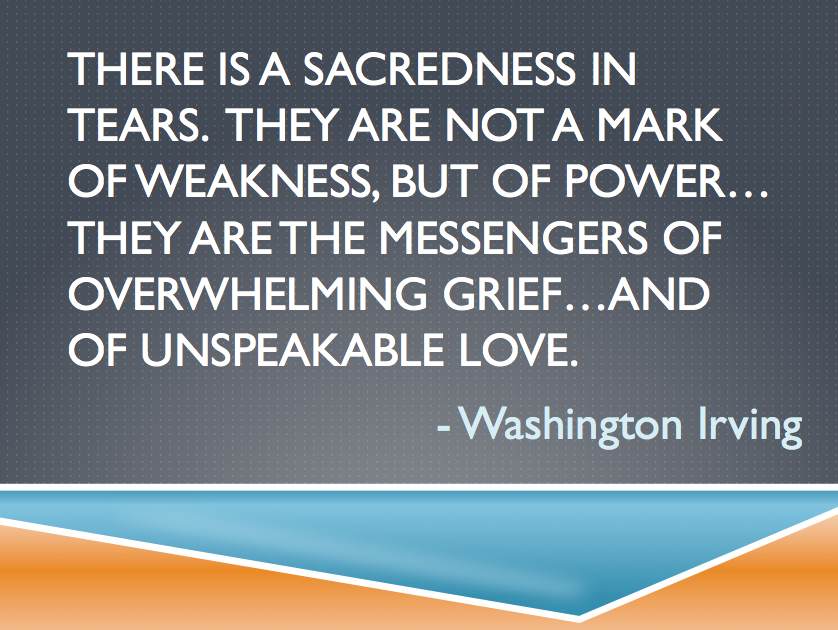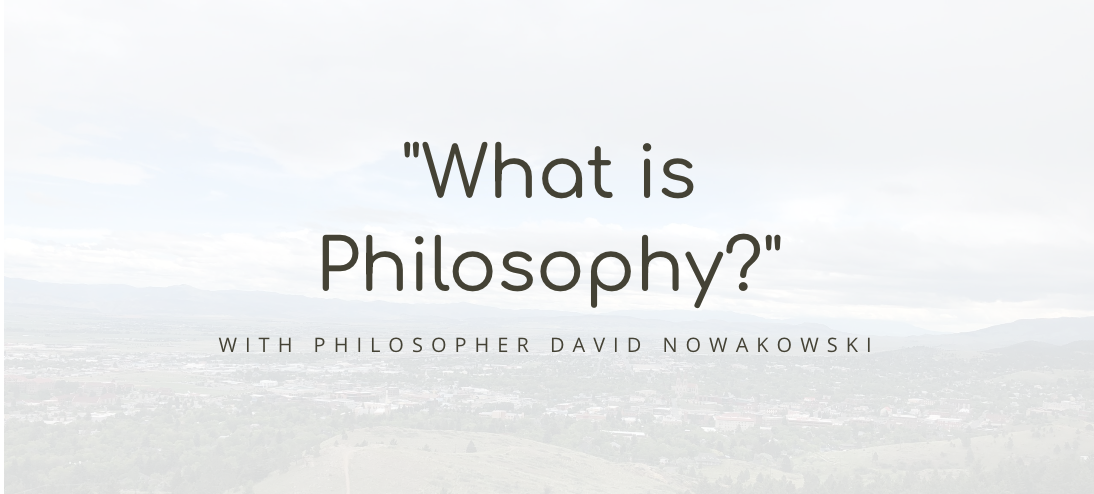
For thousands of years, one major preoccupation of philosophers has been “giving an account” of our inner and outer worlds: providing a rigorous explanation of ourselves as human beings, of the world in which we find ourselves, and of anything else that’s part of that world, from the concrete (like tables, rabbits, or gallbladders) to the abstract (like nations, religions, or virtues) to the imaginary (like unicorns, square circles, or the square root of -1).
We can think of this project in two parts. First, taking an inventory of what exists:
- What are the basic components, of whatever we’re trying to study? Atoms? Strings? Thoughts and desires? Actions? Human individuals?
- What about abstract things? Can we say that a nation or a religion exists? Justice? Beauty? The number 3?
- What about non-existent or imaginary things? Unicorns? Sherlock Holmes?
Second, showing how these things fit together:
- Which things cause or explain other things?
- In what different ways can we have a cause or explanation? A chemist and a historian will each give very different kinds of explanations, but they’re both looking to explain the world.
- What features of the world are more important? What features matter less, or not at all?
- What makes for a good explanation—one that is full, complete, accurate, and informative?
These questions stand at the root of all the human sciences. They are at the foundation of each of the particular sciences—from mathematics to chemistry, from ecology to sociology, and beyond. And the way that we choose to answer these foundational questions can have profound implications for all of the more particular work that each science does, determining what other questions are even worth asking, and what kinds of answers are acceptable.
In this workshop, we stepped back and surveyed this entire terrain. We explored what it means to explain anything at all: We looked at radically different ways of answering the question “Why?” And radically different notions of “Because…”
And investigated:
- The canonical account of “six causes,” started by Aristotle, and completed by later Platonic philosophers.
- A few additional kinds of “cause” that were developed by Hindu and Buddhist philosophers in India.
- Where the scientific method fits, within these larger schemes of exploring and explaining the world itself, and our experience of the world.
- Some of the ways in which different kinds of explanation can be complementary, and not necessarily in competition with each other.
Videos
(Session Recording)
About the Workshop Leader...
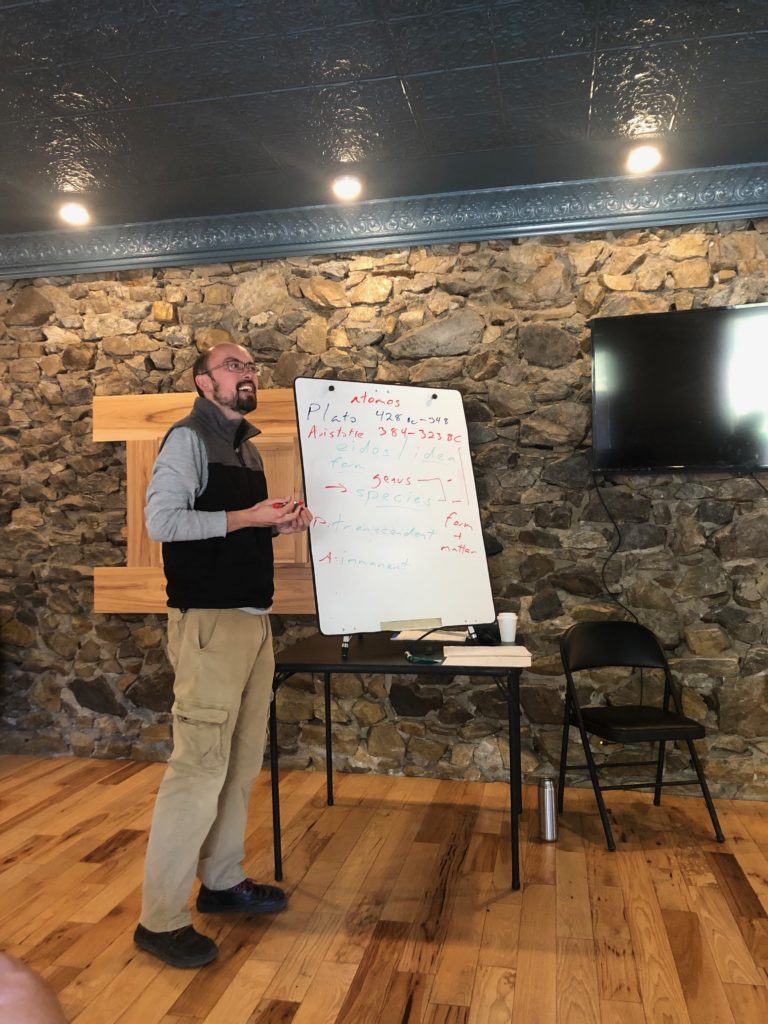
David is as a philosopher and educator whose professional work is dedicated to helping people of all ages and backgrounds access, understand, and apply the traditions of ancient philosophy to their own lives. A lover of philosophy and the great outdoors, David is currently building his own consulting practice and serves as a Philosophical Advisor and Consultant for Merlin CCC & Senior Mentor for scholars in the Merlin Fellowship Program.
David began studying ancient philosophies and classical languages in 2001, and has continued ever since. A scholar of the philosophical traditions of the ancient Mediterranean (Greece, Rome, and North Africa) and of the Indian subcontinent, reading Sanskrit, Latin, and classical Greek, he earned his Ph.D. in philosophy from Princeton University in 2014. His work has appeared in a variety of scholarly journals, including Philosophy East & West, Asian Philosophy, and the Journal of Indian Philosophy; as well as in presentations to academic audiences at Harvard, Columbia University, the University of Toronto, Yale-NUS College in Singapore, and elsewhere.
A hermit by nature and by committed choice, he balances contemplative solitude with his active work in teaching, counseling, and the healing arts. We are elated to be collaborating with David on our philosophy in the community activities, fellowships, and other Merlin projects.
Thank You’s


Thank you to Humanities Montana and P.L.A.T.O. (Philosophy Learning and Teaching Organization) for helping support our philosophy in the community programs and making events like this possible! This workshop was part of our “Thinking as a Community” project.

